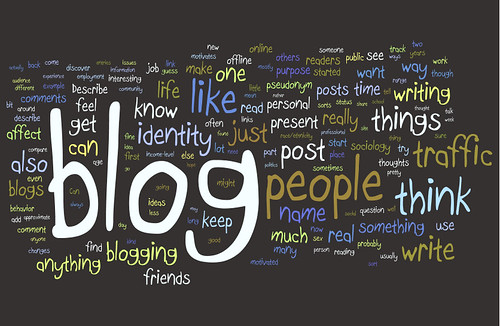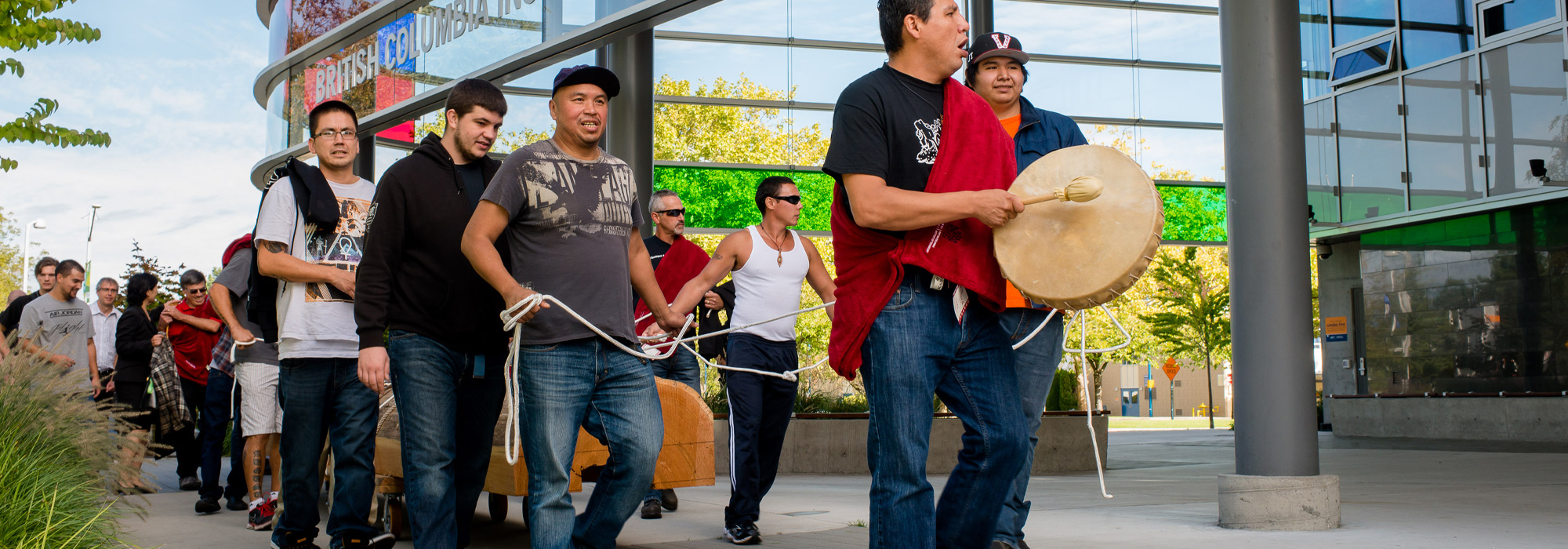
“Blogging Research Wordle” by Kristina B is licensed under CC BY-NC-ND 2.0
Learning as being reflective, supporting wellbeing, and exploring one’s self are aspects that are part of the First Peoples Principles of Learning. As I have been looking into the role technology could play into incorporating the FPPL into my English Language Arts classroom, I found studies on the effects of blogging that I think were fitting as blogging is something that involves aspects of the ELA competencies as well. Hibsch and Mason’s (2020) study, “The New Age of Creative Expression: The Effect of Blogging on Emotional Wellbeing,” shares connections between reflective journaling and wellbeing and blogging for self-expression. Similarly, Hanney and Skirkeviciutey’s (2019) study “Reflection, Identity, Community: Affordances of Blogging for Social Interaction and Reflective Dialogue” reveals how blogging can support with various skills and identity formation. I think it could be interesting to incorporate blogging into my teaching practices, but there are various ways to do so. In my own past experiences with blogging, I have more so used them as portfolios rather than for regularly journaling. With this course blog, I find it so useful to share and view resources as we are learning because I feel like it adds value to the learning process overall. I am able to make connections to what I am researching as I type each blog post and others are able to share their connections as well. It would be interesting to see how blogging could be used in my classroom for reflective practices or for other forms of expression.
Hanney, R., & Skirkeviciutey, G. (2019). Reflection, identity, community: Affordances of blogging for social interaction and reflective dialogue. Education and Information Technologies, 25(3), 1553-1569. https://doi.org/10.1007/s10639-019-10030-4
Hibsch, A. N., & Mason, S. E. (2020). The new age of creative expression: The effect of blogging on emotional well-being. Haworth Press Inc. https://www.tandfonline.com/doi/full/10.1080/15401383.2020.1820925
